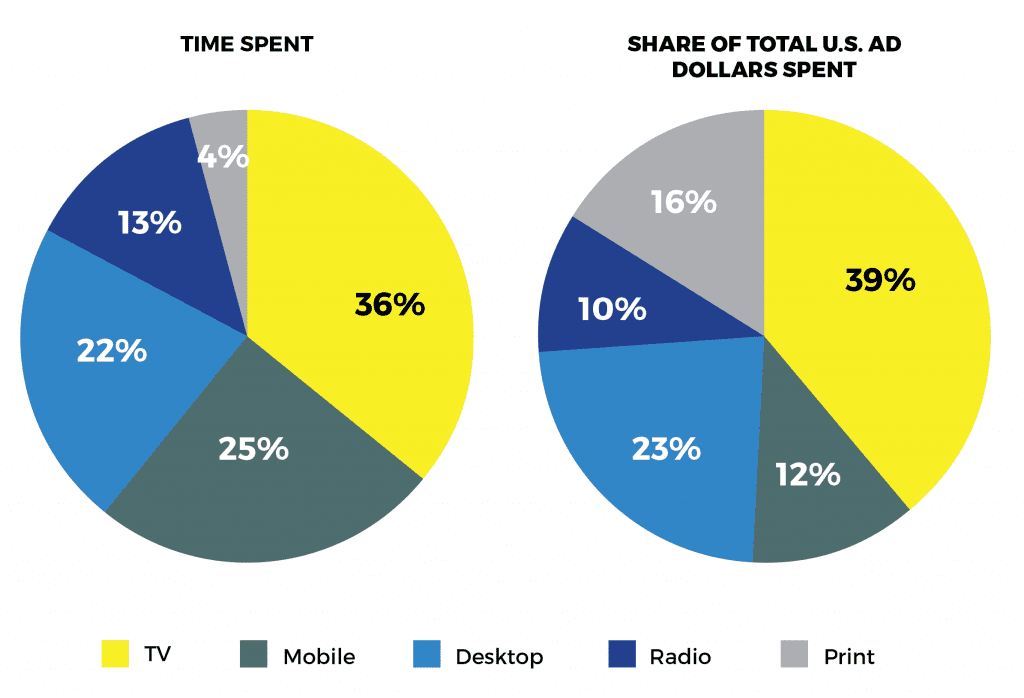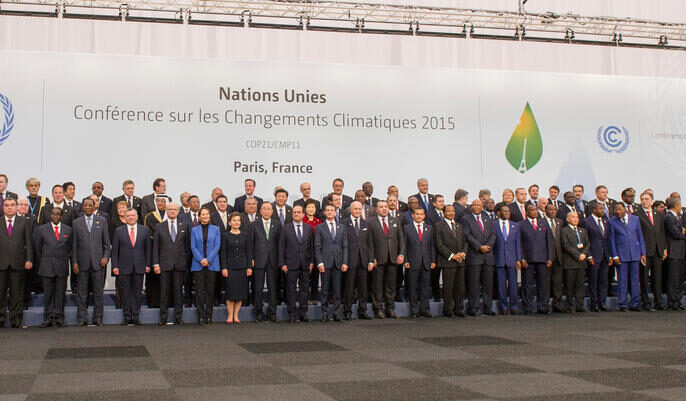Trends Highlight: The Monetization Challenges for Metasearch on Mobile

Skift Take
Late last month we launched the latest report in our Skift Trends Reports service, the 2017 Outlook on Metasearch in Travel.
Our 2017 Outlook on Metasearch in Travel report covers every aspect there is to know about metasearch. From economics behind the scenes to financial scrutiny of the top companies, this report answers every question you ever had about metasearch. Transcripts of exclusive interviews with travel industry leaders compliment the report and add a direct insight into today's leading metasearch platforms.
Below is an excerpt from our Skift Trends Report. Get the full report here to stay ahead of this trend.
Monetization Issues on Mobile Search
Mobile has become an increasingly important channel for the consumer. In Kleiner Perkins Caufield & Byers’ 2016 Internet Trends report by Mary Meeker, she shows time spent on media in the U.S. in 2015 was as follows:
Preview and Buy the Full Report
There is still a large gap in monetizing mobile from an advertising standpoint where the percentage of advertising spent on mobile is much less than the time consumers spend using it. This continues to improve with more money moving away from things like print to digital advertising. For metasearch, this impacts costs as well as revenue.
Digital advertisement spend will catch up to time spent, but this benefits Google more than traditional metasearch sites: On the cost side, metasearch needs to build brand awareness to attract users. Successful campaigns (e.g. the Trivago Guy) may flood the television market for awareness than use digital advertising (Google) to build traffic. While pure metasearch numbers are limited here outside of Trivago spending 80-85 percent of its revenue on advertising, the big OTAs continue to grow advertising spending faster than revenue growth. This is a headwind on margins that the companies look to offset with cost efficiencies in other parts of the business that are more operational in nature.
Advertising revenue will become a less important source of revenue: On the revenue side, some metasearch sites do generate revenue from pure display advertising, but largely as a secondary source of revenue. This is especially the case on mobile where things like banner ads on metasearch are not very useful while paying Google to drive traffic is still crucial.
Preview and Buy the Full Report
Mobile conversion creates challenges for the CPC Model: Conversion tends to be lower on mobile where a consumer is more likely doing research than booking; last minute booking is an exception. This leads to metasearch players charging lower cost-per-click (CPC) rates on mobile than on desktop. The difference could be 25 to 50 percent depending on the entity involved. The upside is that mobile by its very nature can be done anywhere so click frequency increases.
Subscribe now to Skift Trends Reports
This is the latest in a series of twice-monthly reports aimed at analyzing the fault lines of disruption in travel. These reports are intended for the busy travel industry decision maker. Tap into the opinions and insights of our seasoned network of staffers and contributors. Over 100 hours of desk research, data collection, and/or analysis goes into each report.
After you subscribe, you will gain access to our entire vault of reports conducted on topics ranging from technology to marketing strategy to deep-dives on key travel brands. Reports are available online in a responsive design format, or you can also buy each report a la carte at a higher price.





